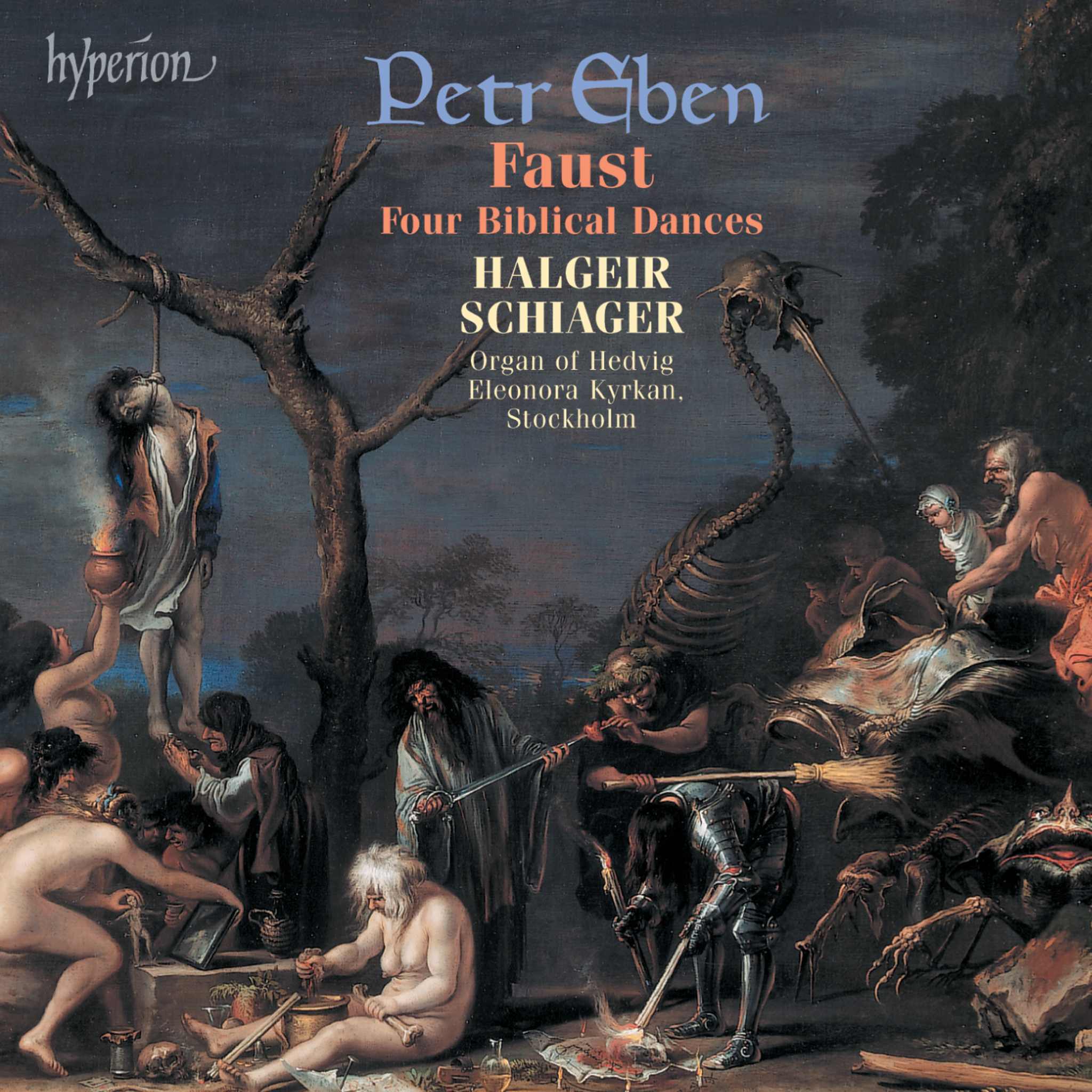Ich möchte den Newsletter der Deutschen Grammophon mit den neuesten Informationen über Künstler:innen, Veranstaltungen und Aktionen per E-Mail erhalten. Ich kann meine Zustimmung jederzeit widerrufen. Weitere Informationen zum Datenschutz finden Sie unter Sicherheit & Datenschutz.

